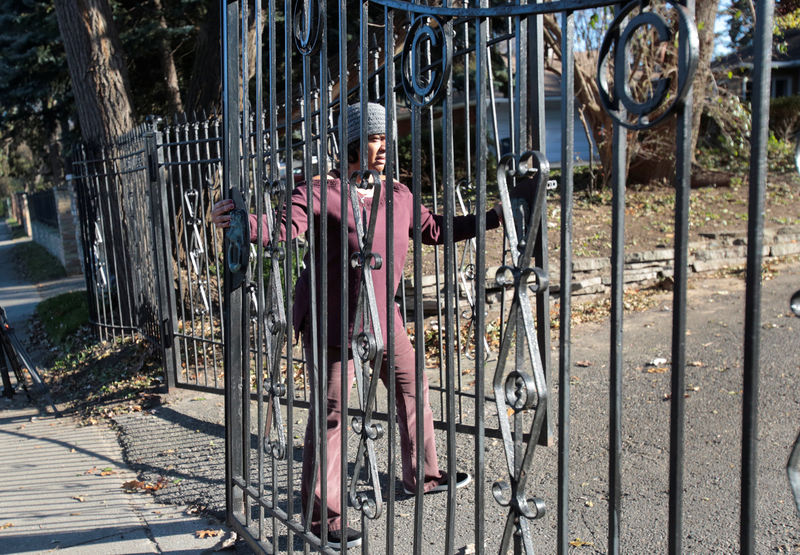WASHINGTON (Reuters) - Democratic U.S. congressman John Conyers faced increasing pressure to resign on Wednesday, with the No. 2 Democrat in the House of Representatives saying he should step aside if sexual harassment accusations against him were true.
With Congress in session, Conyers returned to his home district in Detroit on Tuesday. He has been accused of making unwanted sexual advances toward women who worked for him.
The latest accusation was reported by the Detroit News, which cited a former staffer as saying Conyers sexually harassed her three times between 1997 and 1999.
Conyers, 88, has denied the accusations and said he would cooperate with a House Ethics Committee investigation.
Asked if Conyers was planning to resign, his attorney Arnold Reed told Reuters, "No."
The Detroit News earlier quoted Reed as saying, "He's not going to be forced out of office, and no one has told him he has to leave."
"Notwithstanding the credibility of the witnesses, we have a process to determine were these allegations founded? And if they're founded, yes, he should resign," Steny Hoyer, the No. 2 Democrat in the House, said in an interview with MSNBC.
Conyers' office did not reply to a Reuters request for comment.
The Michigan lawmaker has stepped down as the senior Democrat on the House Judiciary Committee pending the outcome of the ethics investigation.
House Speaker Paul Ryan, a Republican, said it was up to Conyers to decide if he should resign from the chamber.
"I know what I would do if this happened to me. I will leave it up to him to decide what he wants to do. I think he made the right decision in stepping down from his leadership position," Ryan said.
The House on Wednesday passed a resolution requiring members and their staff to take annual training on sexual harassment. A bipartisan group of House members also introduced a bill that would prohibit the use of public funds to settle sexual harassment claims against members, and require all previously made payments to be made public.
Conyers and his wife Monica left their house in Detroit in separate vehicles on Wednesday. He did not talk to reporters who had gathered outside.
Some of Conyers' colleagues in the Congressional Black Caucus have been privately pressing him to resign, according to Democratic aides.
Representative Joe Crowley, chairman of the House Democratic caucus, said he believed that in Michigan, Conyers was "taking counsel from his family as well as his constituents."
"And I believe at the end of the day the right thing will be done. I think accountability will be had," Crowley told a news briefing.
Democratic Representative Linda Sanchez said lawmakers were trying to pursue a fair process for both sides.
"It appears that there's more than one complainant, which does heighten my sense of 'there may be something there,'" Sanchez said, adding that she could not call for Conyers' resignation unless she has heard all the evidence.

Sexual harassment accusations have been made against a number of public figures in recent weeks, including former Hollywood executive Harvey Weinstein, Republican Senate candidate Roy Moore of Alabama and Democratic Senator Al Franken of Minnesota.